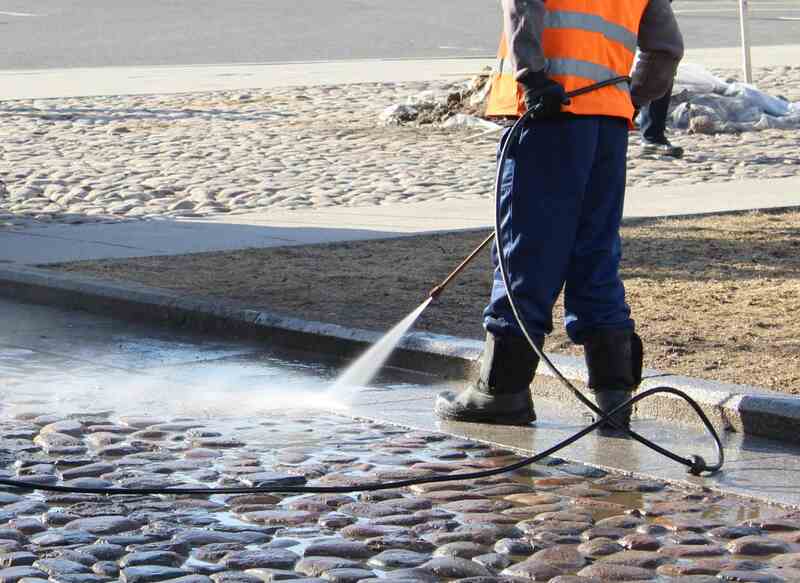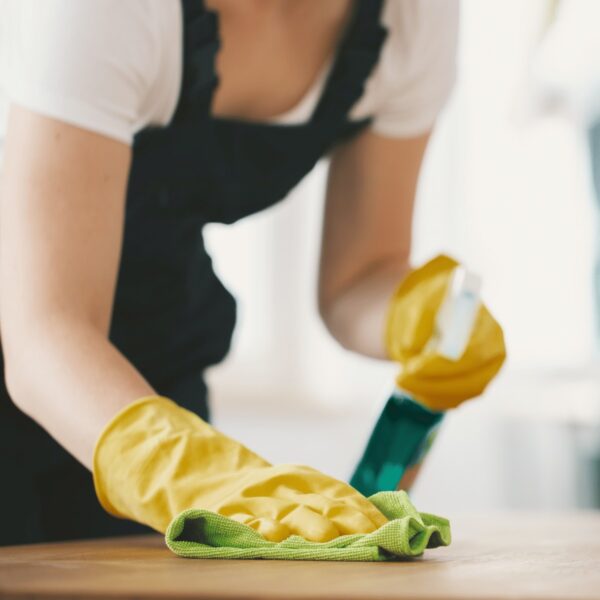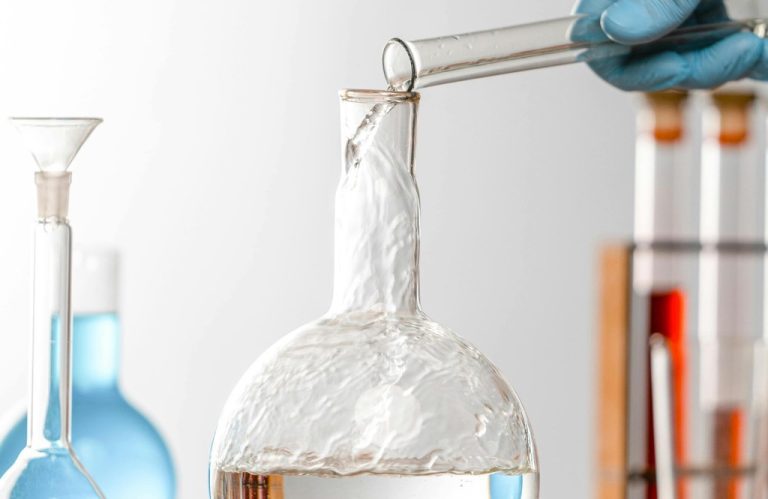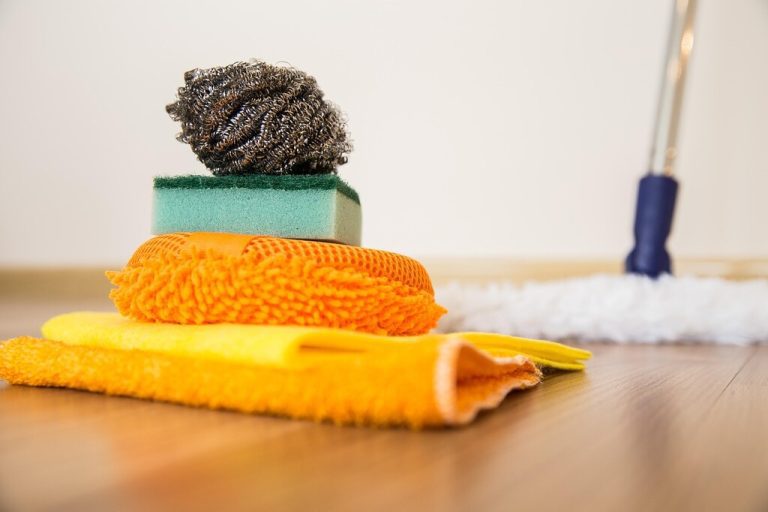A clean driveway is key to enhancing the curb appeal and safety of your home. Over time, driveways accumulate dirt, grime, and even oil stains that not only spoil the look but also shorten the lifespan of your driveway. The driveway cleaning guide will provide you with practical methods and expert tips for cleaning various types of driveways.
Whether you’re wondering about how to clean a dirty driveway or driveway and patio cleaning, this guide covers it all. Incorporating the best types of cleaning, like pressure washing, scrubbing, or natural remedies, can help restore your driveway to its pristine condition.
With the right tools and knowledge, you’ll be able to clean your driveway without hassle, ensuring it remains an attractive, functional feature of your home.
Why is it Important to Clean Your Driveway?
A well-maintained driveway enhances the curb appeal of your home and prolongs the surface’s life. Regular cleaning helps prevent dirt, oil stains, and biological growth like algae from damaging the material over time.
For a more thorough driveway cleaning guide, consider implementing routine maintenance to ensure safety, preserve the surface, and boost the overall aesthetic of your property.
Different Methods for Cleaning Driveways
When tackling tough stains and dirt on your driveway, different cleaning methods can be used based on your surface type, such as:
a. Using a Power Washer
Power washers are an excellent tool for cleaning driveways, removing dirt, grime, and stains efficiently. This method works well for concrete and brick surfaces, especially when used with the right settings and cleaning agents.
Ensure your machine is properly prepared for driveway and patio cleaning tasks, and follow safety guidelines to avoid accidents while ensuring effective cleaning results.
b. Using a Pressure Washer
Pressure washers, whether electric or petrol-powered, are vital for deep cleaning driveways. They can tackle stubborn stains, grime, and biological growth. By choosing the right pressure settings and incorporating a degreaser or specialised cleaner, you can make your driveway look brand new. The pressure washer is an essential tool for patio driveway cleaning as well.
c. Using Chemical Cleaners
Chemical cleaners are particularly useful for stubborn stains like oil and biological growth. These solutions can penetrate deep into the driveway material, breaking down grime and restoring its appearance.
When looking for cleaning ideas, this method is ideal for tackling oil stains and algae buildup. Always follow safety precautions and test the product in a small area first.
Steps for Cleaning Your Driveway
Effectively cleaning a driveway requires a systematic approach that encompasses several essential steps, following professional cleaning guidance. These steps include:
a. Preparing the Area
Before starting your driveway cleaning, preparation is key. Begin by removing obstacles like vehicles or garden furniture, and make sure your cleaning tools, such as pressure washers, brooms, and eco-friendly cleaning agents, are ready to go. Follow a driveway cleaning guide to ensure safety and efficiency.
This preparation will allow for a smoother, more effective process, and ensures no debris will hinder your cleaning efforts. Properly preparing the area guarantees both safety and outstanding results.
b. Removing Debris and Stains
Clearing debris and stains from your driveway is crucial for achieving a thorough clean. Start by removing larger debris like leaves using a broom or leaf blower. Address stubborn stains, such as oil, with a degreaser to ensure effective cleaning.
This step not only improves appearance but also extends the lifespan of your driveway. Using the right driveway cleaning tips, like pre-treating stains, helps ensure a cleaner, more inviting surface, improving both aesthetics and durability.
c. Applying Cleaning Solution
After prepping the area and clearing debris, it’s time to apply a suitable cleaning solution. Choose from chemical cleaners or soft wash products, depending on your driveway’s material, whether concrete or paving stones. Always follow dilution guidelines and test a small area before full application.
For large surfaces, use a pressure washer for even distribution. Proper application ensures deep cleaning, while protecting your driveway from damage. A driveway cleaning guide will help you choose the right solution and ensure optimal results.
d. Rinsing the Driveway
Rinsing is a vital step in the driveway cleaning process. After applying your cleaning solution, thoroughly rinse the driveway to remove any remaining chemicals and debris. Using a pressure washer ensures efficiency, but adjust the nozzle for a safe spray angle to avoid surface damage. Start rinsing from the highest point, allowing water to carry away residue.
This step, detailed in a driveway cleaning guide, leaves your driveway clean and residue-free, preserving both appearance and longevity.
Tips for Maintaining a Clean Driveway
Regular maintenance is key to preserving your driveway’s appearance and longevity. Following a driveway cleaning guide will help you maintain its cleanliness by scheduling routine inspections and cleaning tasks.
Sweep away debris weekly to avoid stains and cracks, treat stains immediately with appropriate cleaners, and consider seal coating every two to three years. This proactive maintenance ensures a clean, well-kept driveway while saving time and money on future repairs.
How to Clean Different Types of Driveways
Cleaning various types of driveways necessitates a customised approach, such as by using one of the following methods:
a. Concrete Driveways
Concrete driveways are durable but can suffer from oil stains and biological growth. To clean your driveway effectively, use a driveway cleaning guide tailored for concrete. For oil stains, apply a degreaser like Grenade Driveway Oil Stain Remover, and for algae, use a bleach-water solution. Regular pressure washing helps prevent dirt accumulation. These steps will not only clean your driveway but also preserve its structural integrity and enhance its curb appeal.
b. Asphalt Driveways
Cleaning asphalt driveways requires gentler techniques to avoid surface damage. Follow a driveway cleaning guide for asphalt, which includes removing debris with a broom, rinsing with water, and using mild detergents to dissolve stains.
For tough grease spots, specialized cleaners work best. If necessary, pressure wash cautiously to avoid damage. Sealing your driveway every few years ensures long-term protection and maintains its aesthetic value, making regular maintenance essential.
c. Brick or Paver Driveways
Cleaning brick or paver driveways requires specific methods to preserve their beauty. A driveway cleaning guide for brick surfaces recommends using mild household cleaners like vinegar or bicarbonate of soda to tackle grime.
For deeper cleaning, use a pressure washer to remove stubborn dirt and biological growth. After cleaning, apply a sealant to protect the surface and prevent weed growth. This maintenance enhances both the longevity and aesthetic appeal of your driveway.
In conclusion, this driveway cleaning guide has provided you with essential techniques and tips on how to clean your driveway effectively. Whether you’re looking for methods to clean dirt, oil stains, or grime, understanding the best way to clean a driveway ensures you maintain its appearance and longevity.
Regular cleaning can prevent costly repairs and enhance your home’s curb appeal. If you’re unsure about tackling it yourself or need expert help, don’t hesitate to reach out to TEKA Cleaning. Our professional residential cleaning services are just a call away at 01223 751 544.
Whether it’s driveway and patio cleaning or specific tasks like how to clean driveways without a power washer, we have the right tools and expertise to get the job done efficiently. Don’t wait – ensure your driveway stays clean and well-maintained by contacting TEKA Cleaning today!
Read also:











